Do Larger Tires Improve Gas Mileage?
Over the years, PitStopArabia has witnessed some surprising trends among car owners. We have also witnessed some bizarre trends as well. One example is having your worn-out tires re-treaded to increase their durability, despite they not being made for this purpose. We have also come across drivers who prefer to buy old tyres despite being warned against this practice.
We are no longer surprised by these trends, whether good or bad. We have only made it our mission to keep advising our customers about the right practices when it comes to their tires. Call it what you may, but we consider a vehicle's tires one of its most critical components. Having the right set of tires can remarkably improve your driving experience.
Leaving all this aside, over the last couple of months, we witnessed a trend among people buying tyres. Instead of buying similar size tyres, many customers wanted larger tires for their vehicles. At first, we did not think much of it. We considered it that buyers just wanted to improve the overall look of their cars.
However, the number of buyers wanting to buy larger tires kept increasing. PitStopArabia wanted to know the exact reason behind the increase. We began asking our customers and other people why they preferred larger tires for their vehicles. Admittedly, their responses did surprise us. Their answer should hardly come as a surprise to the readers as it is already mentioned in the title.
People responded to our query by saying that they have heard from others or themselves know that larger tires improve gas mileage i.e., fuel efficiency. The rising fuel prices in the UAE meant that they could offset the cost by buying larger tires and save money this way. While certainly thoughtful and innovative, but is this claim backed up by evidence?
Is Fuel Efficiency Really Improved?
It is the million-dollar question to which you will receive varied answers. A popular belief among car enthusiasts, mechanics, and other car-related professionals is that larger tires cover more ground per revolution. It will cause an overall decrease in gearing. In turn, this will lead the engine to run at a lower RPM (revolutions per minute).
The belief is that lower RPM leads to lower fuel consumption. However, it is not the case! Lower RPM may lead to better fuel consumption, but it is not universally applicable. There are too many other factors which actually determine the rate of fuel consumption, instead of just RPM. Moreover, since larger tyres are heavier than smaller tires, they require more force to roll along the surface, which leads to more fuel consumption.
What Actually Improves Fuel Efficiency?
The change in the tire's diameter does not improve the gas mileage in all vehicles, as discussed above. However, what does improve the fuel efficiency is the engine's torque curve w.r.t to the weight of the car. Without going into detail, all you need to know is that engines perform the most efficient when the RPM is at the point where the engine produces maximum torque.
A vehicle must be geared in such a way that it stays close to the point where maximum torque is achieved. It will ensure the best efficiency. Equipping a larger or smaller tire can offset this and lead to more fuel consumption. Therefore, when looking for a tyre, ensure this balance. It can be best achieved by a professional.
Apart from the size of the tire, changes to the width of the tire can also impact the vehicle’s fuel economy. Therefore, PitStopArabia advises against changing the tire size in any way without consulting a professional.


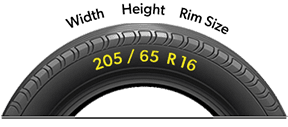





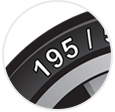


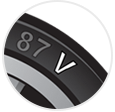
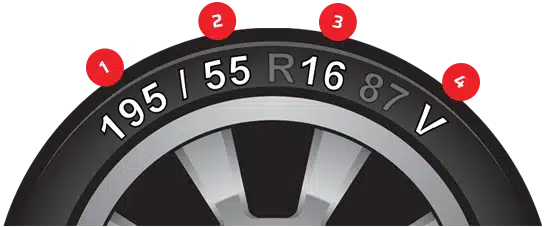
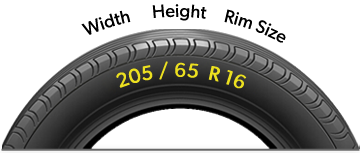

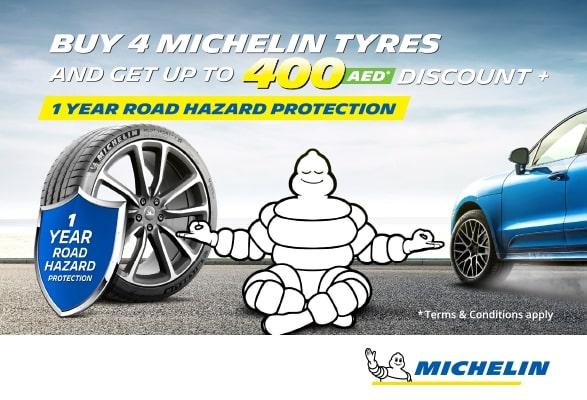

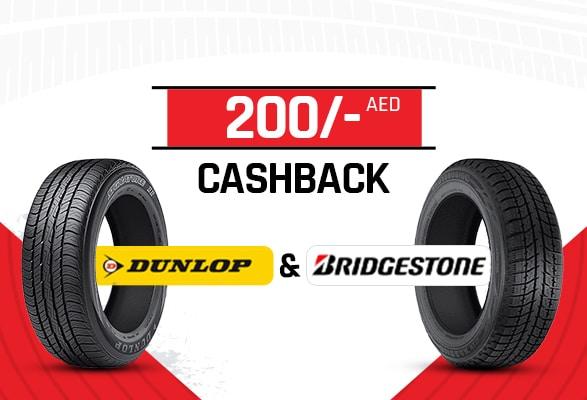


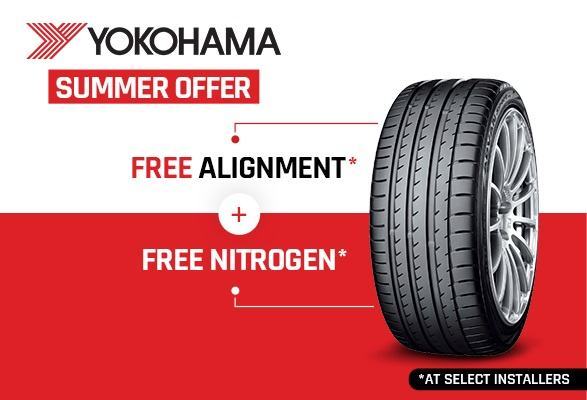
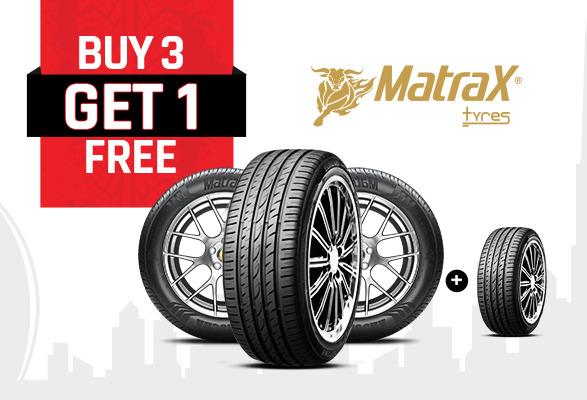
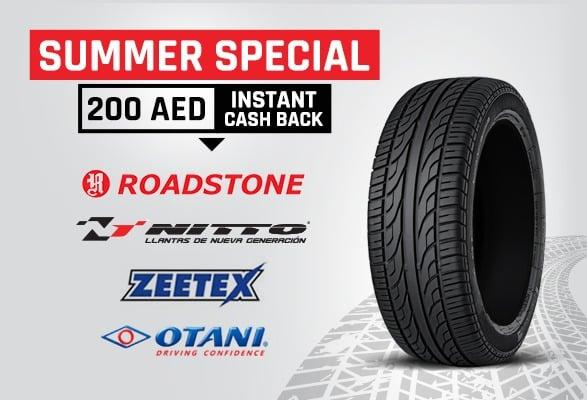

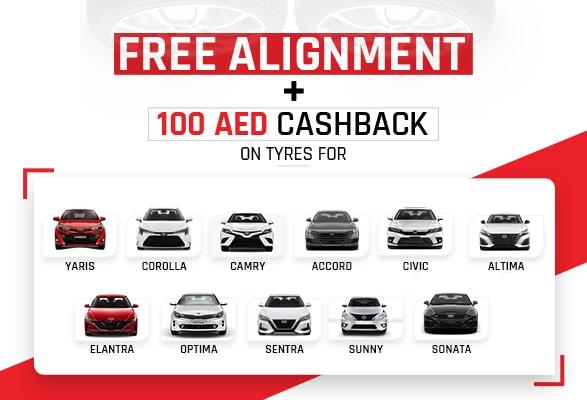
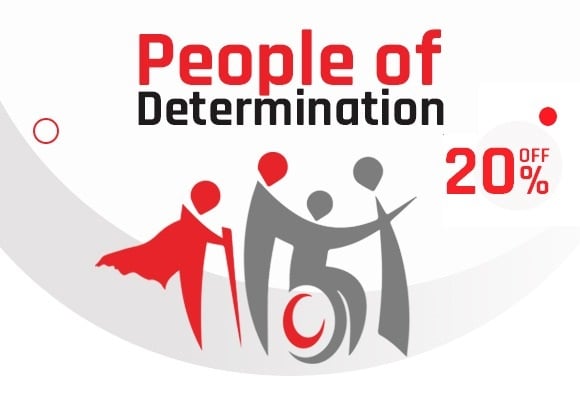

















For Our Customers
Final Thoughts
The statement that a large tire size can improve fuel economy is too generalized. There are also many other factors to consider. Therefore, PitStopArabia advises against changing tire sizes just because your friend's fuel economy improved by doing so. No two cars are the same, and this must be kept in mind when messing around with the size of your tyres.